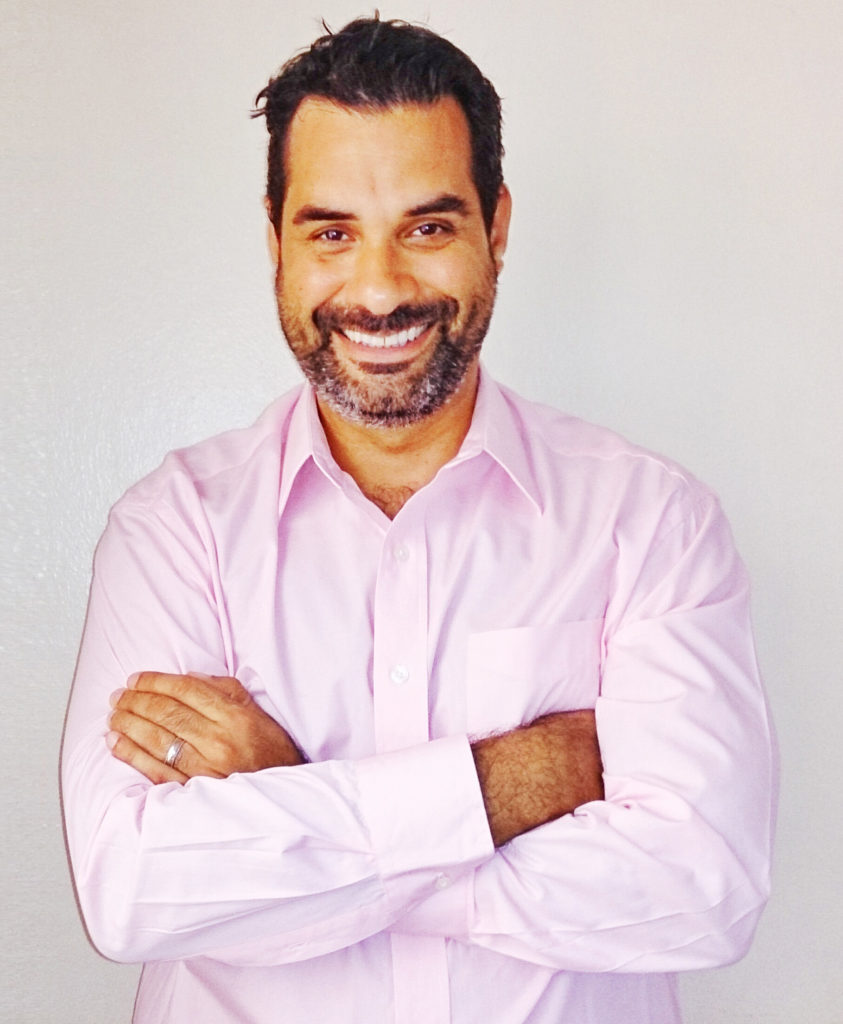Are influencers the new best “friends” of our children?
They educate, motivate, inspire and entertain.
By: Diana Bello Aristizábal
DORAL, FL – It is a fact that currently, young people listen more to the voices that emerge from social media than, sometimes, those of their parents, teachers or people closer to them. Those voices are called influencers because of the power they have to transform beliefs, habits, and attitudes, and generate massive conversations around the Internet.
But not only that. They also promote and recommend brands within what is known as Influencer Marketing. Faced with this reality, that no one can escape from anymore, many parents wonder why are influencers so attractive to generations of millennials and centennials, and how positive can they be in their lives.
 This conversation reached its climax last month when a top influencer named Rawvana, who promoted a raw vegan lifestyle in her YouTube account, was caught eating fish. The video of that moment, which was uploaded by another YouTuber, quickly went viral and was commented on by vegans, non-vegans, doctors, celebrities and followers alike.
This conversation reached its climax last month when a top influencer named Rawvana, who promoted a raw vegan lifestyle in her YouTube account, was caught eating fish. The video of that moment, which was uploaded by another YouTuber, quickly went viral and was commented on by vegans, non-vegans, doctors, celebrities and followers alike.
The controversy was ignited by the fact that a person who was not prepared enough to talk about nutrition, recommended a diet based on raw vegetables and fruits that not only had stopped following but was making her sick. She was tagged as a liar and swindler because despite having changed her diet she continued to make money from the associated products she sold.
Later on, she uploaded a video explaining what happened that was not enough to clear her name, although, ironically, her subscribers on YouTube did not drop drastically. Her channel had 2 million before the scandal and 1 million 961 thousand at the time this newspaper was published.
Now, after the Rawvana case the big question remaining is what is our responsibility as users when we consume content on social platforms, and what is the role of influencers that while they do not force anyone to follow them, are on the spotlight all the time, something hard to ignore especially when children and adolescents are involved.
The rules of the game changed
In a not so distant time, the big brands leveraged advertising campaigns to promote their products, through traditional media such as television, print media and radio, which sometimes included celebrities influential in the fields of cinema, music or sports.
With the rise of social media, brands found a new place to become known within a more organic, informal and family-like environment, and with the help of natural promoters of their products that were born and raised on the Internet.

“Influencers are not new, but now people believe more to someone ordinary than to an organization,” explains Edgar Arguello, digital marketing consultant, and professor and coordinator of the Community Management Diplomate of Iberoamericana University in Santo Domingo, Dominican Republic.
For this reason, according to the academic, companies now hire influencers to pass on messages that they can no longer give because they lack credibility. They even use influencers who were previously analogous, (traditional celebrities) and migrated to social media after building a reputation offline.
“Brands also migrated to the digital world, because it is the place where consumers spend most of their time, especially the youngest who, on average, spend four hours a day on their phones currently,” says Arguello.

For Linda Patiño Cárdenas, Colombian technology journalist and author of ‘Qué diablos hacen los influencers’, which will be published in May, the great value of this dynamic is that users have a different interaction with digital influencers than the one they had with analogs.
“In other times, when we watched a television show, we could not get an answer from its characters, even when we dreamed about them or copied them. Today we are so close to influencers that we almost see them as friends,” explains Patiño.
Linda Patiño knows this first hand as a professional and as a mom. She shared that her three-year-old daughter occasionally follows the YouTube channel of ‘MikelTube,’ hosted by the brothers Mikel and Leo, and has described them as friends.
“Although at first, I was shocked, it made sense to me, because she knows them, has seen them on screen, and they are showing her part of their life, just what a friend would do,” says Patiño.
With older children and adolescents, who consume content in social media regularly, this reality is even more tangible. For Antonio Torrealba, CEO of Becoming an Influencer, master in social marketing from Northwestern University, and father of three children, this happens because we share parenting with technology.
“I’ve been to meetings where children spend five hours glued to their phones. I do not allow this as a father or as a professional, because we are educating non-creative people,” adds Torrealba, who is also the author of the book ‘Construyendo un influencer,’ and an Emmy winner for the documentary ‘El Poder de un post’ available in Youtube.
However, the expert is not about demonizing influencers or banning them at home, since they are part of our current world. “Telling children not to follow an influencer is like asking them not to play football, even their peers talk about them. We can not isolate them from reality,” he says.
Shared responsibilities between influencers and users
To encourage an appropriate reading of the content we consume online offered by influencers, it is necessary first to understand what their role should be, since according to experts many do not share positive content, and instead damage the reputation of those who do.
For Edgar Arguello, the primary responsibility of the influencer is to build credibility essentially, and then gradually sell products or services associated with the values he or she promotes. “It must offer valuable information,” says Arguello.
 In the other hand, Antonio Torrealba thinks that the influencer must move fibers to educate, motivate, inspire or entertain. “Whoever commits to this career has to do it to transform people’s lives,” says Torrealba.
In the other hand, Antonio Torrealba thinks that the influencer must move fibers to educate, motivate, inspire or entertain. “Whoever commits to this career has to do it to transform people’s lives,” says Torrealba.
But, also, influencers need to understand the power of their words that transcend beyond the digital world, especially in younger audiences. For example, the widespread complaint to Rawvana was the fact that many people adopted a raw vegan food style under her advice.
In this regard, Antonio Torrealba believes that influencers should have a broad knowledge of the subject they are speaking about. “I lost weight because I stopped drinking milk, but that does not mean I should start giving nutritional recommendations. Doing that could lead to a problem in my audience,” says the expert.
Regarding the user’s responsibility, Linda Patiño considers that it is mainly having a good digital education when it comes to browsing habits. “It is important to know why we use the Internet, check different sources of information, and have a balance between learning and entertainment,” she states.
On the other hand, it is essential that schools assume their responsibility by offering classes in digital learning. “We are at such digitization point that 13-year-old children should have clear basic concepts before entering a social network, such as online privacy or digital rights,” says Patiño.
When it comes to minors, responsibility is also from their parents. For Patiño, they should ask critical questions to their children, like what do they like about social networks, who they follow, and why.
They should also be present in the digital environments their children visit, and offer other means of entertainment. “We have to be on YouTube, Instagram, and Facebook to understand how they work and let the kids get bored so that they can develop creativity. Sometimes it seems easier to put them on a screen, but that prevents them from knowing the world they live in,”, she adds.
In the same line, we must explain to them that the person behind an account does not necessarily is sending an authentic message. “Often times, they believe more to influencers than to parents, which is why we have to expend the conversation on this,” says Edgar Arguello.
How are we suppose to do that? The specialist suggests teaching them to analyze everything they find on social media so they can determine the personality of the influencer, the message behind their posts, and the type of relationship they have with their community.
Also, advice to talk about time management in the digital world. “As it would happen in the non-virtual world, we must spend time with people well intended, and smarter than us to learn something of them,” he says.
Antonio Torrealba proposes, on the other hand, to teach them to discern between good and bad so that they have good judgment when deciding who to follow. “It’s about not allowing influencers to be the first authority figure of our children,” says Torrealba.

